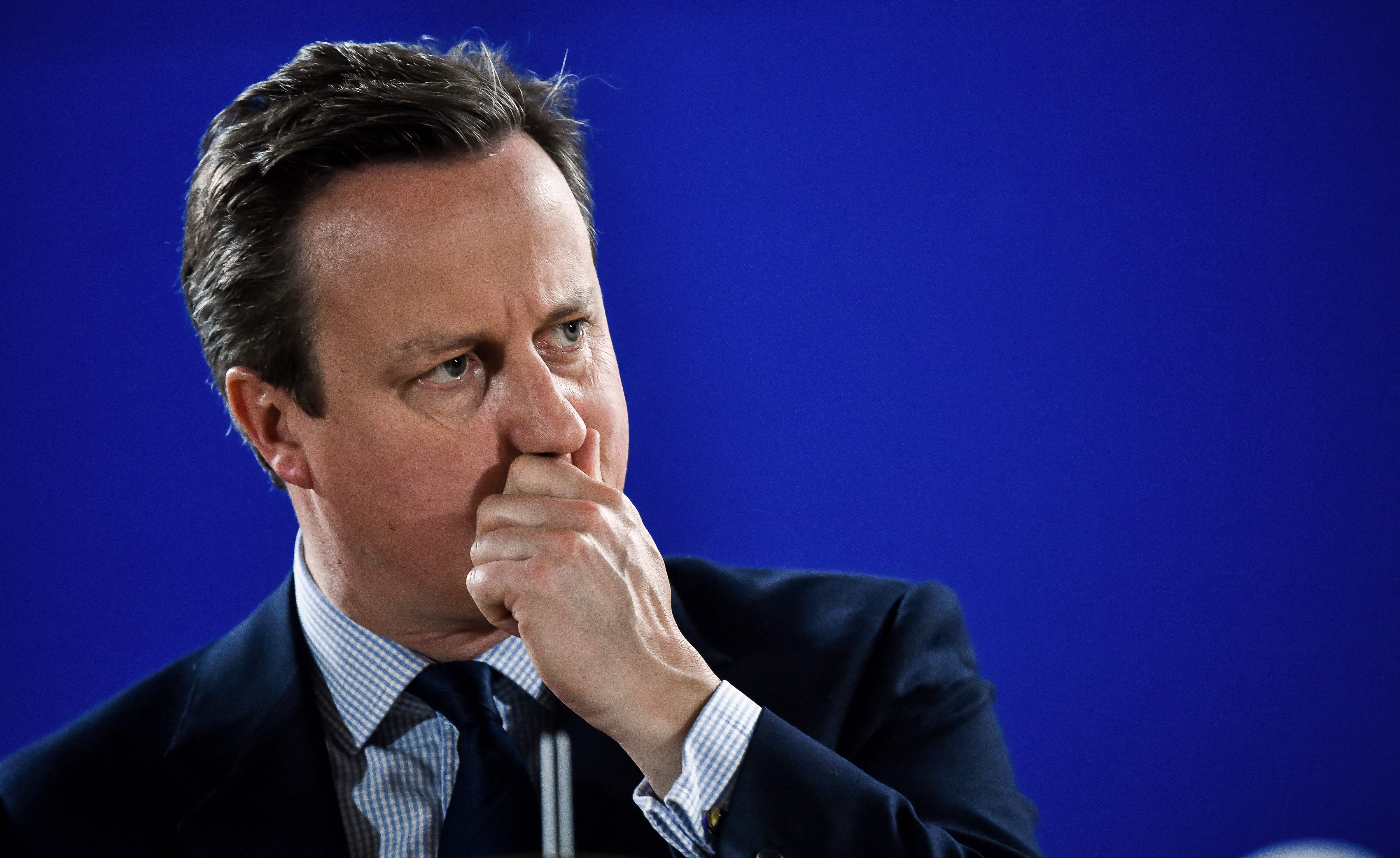Fine ex-ministers for breaking lobbying rules, PM urged after David Cameron scandal
But Institute for Government warns Boris Johnson is major obstacle to efforts to ‘rebuild trust’

Cabinet ministers should be banned from lobbying for private firms for five years in the wake of the David Cameron scandal, a study is urging Boris Johnson.
The crackdown – with fines for breaking the rules and truly independent investigations of allegations against current ministers – is needed to “rebuild trust”, the Institute for Government (IfG) says.
But it also warns the prime minister is a major obstacle to reform, after he “made himself judge and jury” in an inquiry into who originally paid for his costly flat refurbishment.
“Revelations over the last few weeks have shown that the current rules designed to uphold standards in public life are not working,” said Tim Durrant, the IfG’s associate director said
“Ministers need to stop marking their own homework and allow others to enforce the rules.
“Unfortunately, the prime minister has not yet shown signs of wanting to make the changes we think are necessary.”
The think tank’s report recommends:
* Giving proper teeth to the Advisory Committee on Business Appointments (ACOBA), with the power to levy fines and impose outright bans on former ministers and civil servants taking certain jobs. At the moment, it can only make recommendations, forcing it to “rely on individual embarrassment” as its only deterrent;
* Banning former cabinet ministers, for five years after leaving government, from “lobbying for any organisation that could profit financially”;
* Putting the ministerial code “on a statutory footing”, with the same status as codes for civil servants and special advisers;
* Giving the prime minister’s adviser the power to investigate alleged breaches of the code, instead of requiring a go-ahead from the prime minister;
* Tougher rules for civil servants with outside interests, with permanent secretaries of departments responsible for enforcing them; and
* Expanding rules on registering financial interests to include all special advisers and government appointments.
The report, entitled Improving Ethical Standards in Government, comes as the government is engulfed by sleaze allegations – and criticism they are not being properly investigated.
Nigel Boardman, a non-executive director at the business department, was appointed to investigate Mr Cameron’s lobbying for Greensill, a collapsed finance firm which employed him.
But he does not have legal powers to gather evidence or examine the behaviour of ministers – including Matt Hancock and Rishi Sunak – who were lobbied privately.
It was then revealed that a former head of government procurement also became a Greensill adviser while still a civil servant.
Christopher Geidt, the new adviser on ministerial interests, will – along with the Electoral Commission – investigate the flat makeover controversy, but Mr Johnson refused to commit to publishing his full findings.
Subscribe to Independent Premium to bookmark this article
Want to bookmark your favourite articles and stories to read or reference later? Start your Independent Premium subscription today.

Join our commenting forum
Join thought-provoking conversations, follow other Independent readers and see their replies